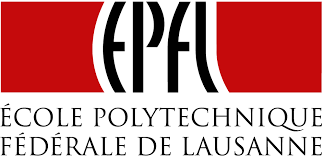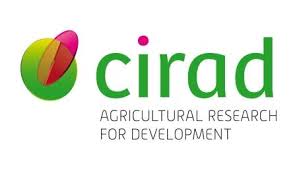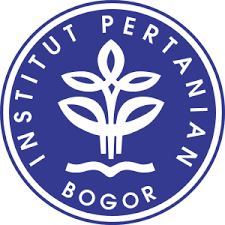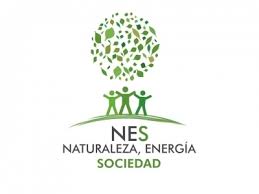
Colombia
SuPaLCo
SuPalCo explores farmer practices within plantations in the Los Llanos region, including management of oil palm diseases, land-use conversion and biodiversity conservation strategies. SuPalCo has been further developed and taken to the field by NES Naturaleza. Fine tuning of the game has been done using agronomic models on palm oil production, disease dynamics and water management. Through the game, NES NATURALEZA has explored and discussed the decisions and practices that farmers undertake in their lands, under scenarios of RSPO certification, international price changes and climatic variability (i.e. El Niño years). A further variation of the game has been developed and explored how producers perceive the broader landscape, as well as how their management decisions are influenced under different ecosystem trajectory scenarios (e.g. high level of pollution in water resources).
Watch how NES Naturaleza engages with stakeholders:
UPSTREAM – La Cuenca
A second PARDI model (revealing Problems, Actors, Resources, Dynamics and Interactions) was constructed to support WWF Colombia to address water allocation conflicts in the Cravo Sur basin in Los Llanos region. From this model, master’s students at ETH Zürich created the game UPSTREAM, which was then further developed by WWF Colombia and the OPAL Switzerland team. The model and game aim to understand how land users make decisions on water collection, and under which scenarios they could collaborate to improve governance of this resource in the region. Research conducted by Simone Fatichi and Gabriele Manoli (OPAL Switzerland) on ecohydrological modelling of agroecosystems in the tropical regions was successfully integrated within this model. An ETH master’s student (Eliane Steiner) explored in her thesis the impacts of the UPSTREAM game on participants’ knowledge and perceptions of water management conflicts in the Los Llanos region. The UPSTREAM game and model have also been adapted by Valentina Fonseca and Daniel Castillo, who used it to understand water management strategies for agro-industrial production in the Aracataca river in Colombia. Through her research using the game, Valentina as been exploring scenarios of institutional arrangements for water management in this catchment area.
Watch below how WWF Colombia used the game to engage with decision-makers:
More on this topic: Navigating conflicts in La Cuenca: Watershed stakeholders use game theory to sustainably share water
Cameroon
CoPalCam
CoPaLCam – which focuses on Cameroon’s oil palm supply chain game – was used in OPAL Cameroon’s engagement activities with national and local actors. The team has worked on further developments of the game to include scenarios of land-use change, like deforestation. This complements the work that the team has been doing on exploring the interactions between smallholder producers and artisanal and industrial mills, and how factors like transportation and payment mechanisms affect decisions made by actors in the system.
See below the local problematic that the game encapsulates:
See how WWF Cameroon used to game to engage with stakeholders:
More on the participatory approach in Cameroon: On the road to sustainable palm oil production in Cameroon:
A participatory role-playing game shows the advantages of multi-player collaboration
Indonesia
ComMoDO
In Indonesia, the role-playing game ComMoDO – short for COMpanion MOdelling in InDOnesia – depicts a landscape in East Kalimantan with a mosaic of forests, oil palm plantations and rice fields along a river. It aims to increase understanding around the factors that influence local communities’ decisions on their land and livelihoods, in particular labor allocation, financial capital, as well as socio-economic backgrounds and perceptions around ecosystem services. The game has also provided insights on how local communities interact among themselves and with oil palm companies, and how these interactions also influence decisions on their livelihoods. We conducted 12 game sessions with local communities in Kutai Kartanegara (East Kalimantan); the results of this research have been presented in two chapters of Nur Hashanah’s PhD thesis.
Watch the work of PhD Student Nur Hasanah:
LUCOPE and ComMod ISPO
Two additional games, LUCOPE and ComMod ISPO, have been developed by IPB and CIFOR. LUCOPE is a land-use change game that explores the motivations and processes behind oil palm expansion by smallholder farmers. This game is based on PhD research led by Bayu Eka at IPB. The ComMod ISPO game examines smallholders’ readiness to implement regulations set by the Indonesian Sustainable Palm Oil certification scheme (ISPO), a priority for the Indonesian government. The game explores, through various scenarios, the decision-making process of farmers under this certification scheme, and provides insights on the barriers that may compromise its implementation. This game is based on PhD research led by Rizka Amalia at IPB.
Watch how stakeholders learn more about ISPO through playing the game:
More on the games in Indonesia: Gaming Indonesia’s next move: Game helps palm oil players keep the sector sustainable as it grows












